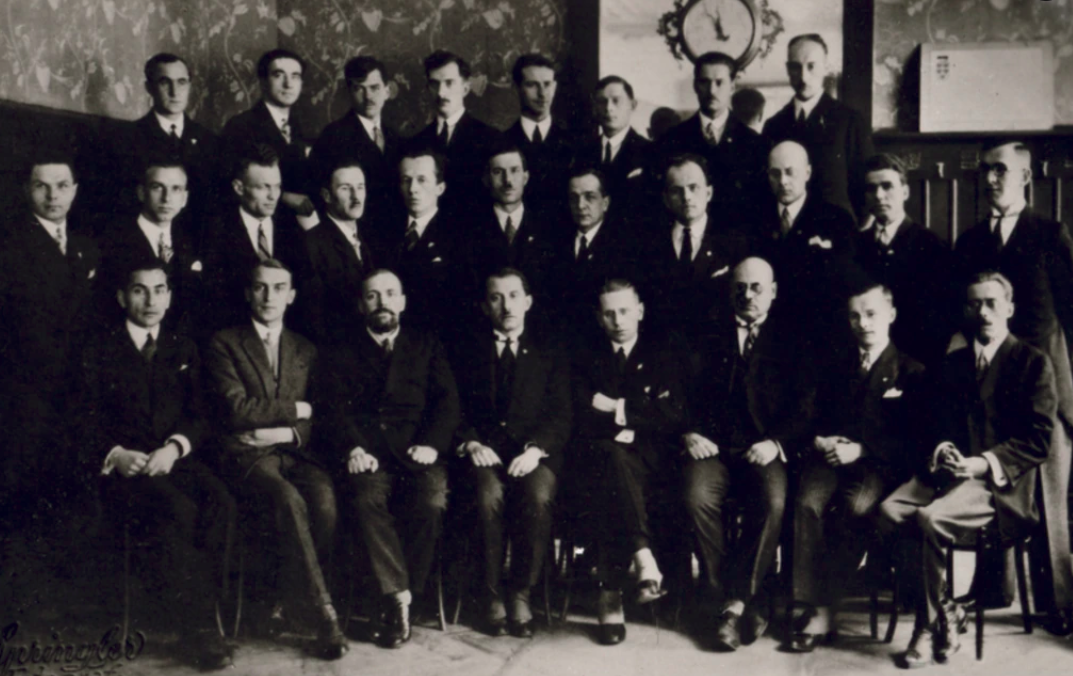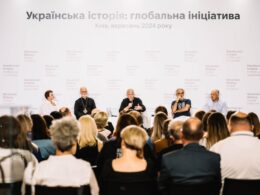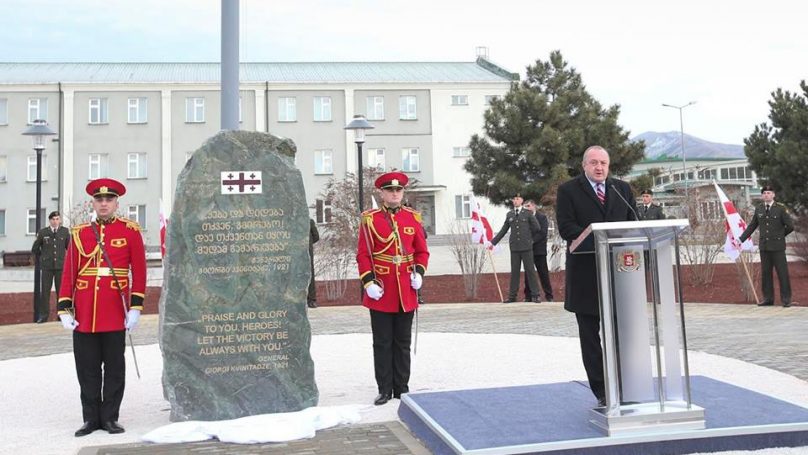Konovalets was famous for his military experience. He valued the Ukrainian military as the only guarantor of independence, unlike other more naive democratic circles.
At the same time, he actively used diplomacy, and political connections to nearly all European states in order to win international support for Ukraine and reach mutual understanding -- a method disregarded by radicals.
Konovalets was able to unite various circles of Ukrainians who were also dedicated to the idea of independence. It is precisely that trace that made him dangerous for Soviets on the eve of the Second World War. He was killed by a Soviet agent in 1938, in the true sneaky NKVD (KGB) style. Konovalets' death lead to OUN splitting in 1940 the and Ukrainian movement becoming uncoordinated during the beginning of the WWII.[/box]
During the First World War, Konovalets fought in the troops of Ukrainian Sichovi Striltsi (Sich riflemen), who initially were Ukrainian volunteer troops in the Austria-Hungarian army and then fought for the independent Ukrainian state. In 1918–1919, Konovalets commanded a division, corps, and a group of Sich riflemen in battles against Bolshevik troops.
Konovalets' influential political career started in 1929 when the First Congress of Ukrainian Nationalists was held in Vienna. The Congress founded the Organization of Ukrainian Nationalists (OUN), and elected Yevhen Konovalets its chairman.
He ruled the organization until 1938. That year, Konovalets was killed by Soviet NKVD agent Pavel Sudoplatov with a time bomb inside a box of sweets. Konovalets liked sweets. Sudoplatov presented him a box during the informal meeting. The box had "from friend
s" written on it, but a time bomb was in inside instead of candies.

During his leadership in the OUN, Yevhen Konovalets tried to smooth the conflicts between the young wing of the OUN, which operated in Galicia, and the leadership in exile.
"The task of the Soviet secret service was to eliminate Konovalets because they needed a split in the OUN, not a man who smoothed the situation. He was able to maneuver between extreme radicalism and the moderates," says historian Igor Smolskyi.
The figure of Yevhen Konovalets is still underestimated. Stepan Bandera, the leader of one wing of the OUN after its split in 1940, is more known among Ukrainians then Konovalets. But, it is the latter who founded the organization and established contacts with politicians in Germany, the United Kingdom, Lithuania, Spain, Italy, Austria, USA.
He lobbied Ukrainian interests in all these countries as well as in the League of Nations. He also established military headquarters and military schools to train officers for the Ukrainian army in the emigration who had to be ready when the war in Europe will start, as Konovalets predicted. As well, he set up the Ukrainian underground in the USSR. To a large extent, Konovalets' efforts facilitated the 1942 creation of the Ukrainian Insurgent Army by Taras Bulba-Borovets, which fought for Ukrainian Independence both against Nazi and Soviet occupiers.
The Historical and Memorial Museum of Yevhen Konovalets was founded by the Taras Shevchenko Ukrainian Language Society in 1990 in the Konovalets family home in Zashkiv village, Zhovkva district, Lviv region, where he was born. The small museum is a department of the Lviv Historical Museum:
In 2021, the Lviv city administration announced an all-Ukrainian open architectural competition for the best design composition to honor the memory of the first head of the OUN, Colonel Yevhen Konovalets.
"We are not talking about a classic monument. It can be a public space or a park," said Lviv Deputy Mayor Andriy Moskalenko.
Mayor Andriy Sadovy added that it should be a complex like the Heavenly Hundred Memorial, but dedicated to Yevhen Konovalets.










